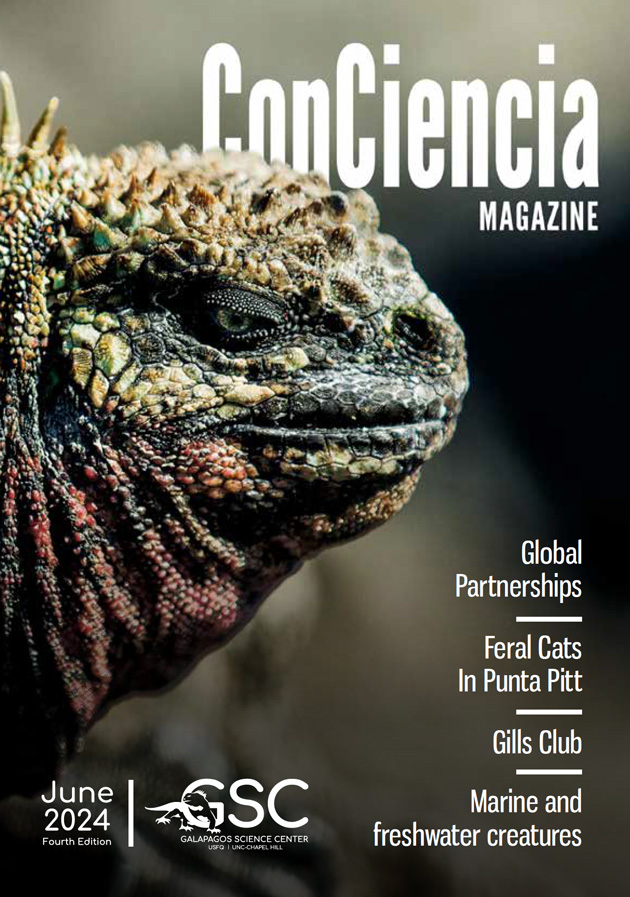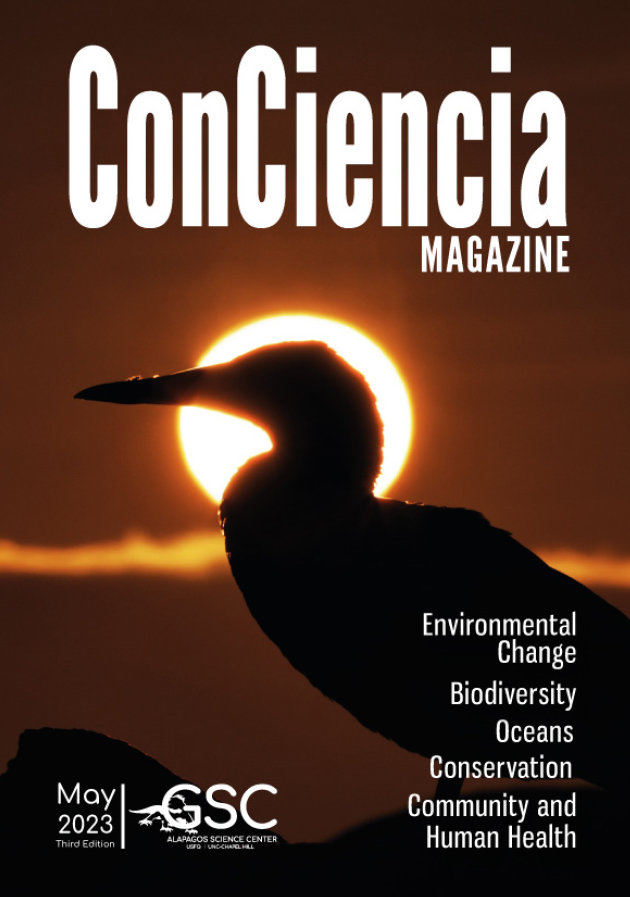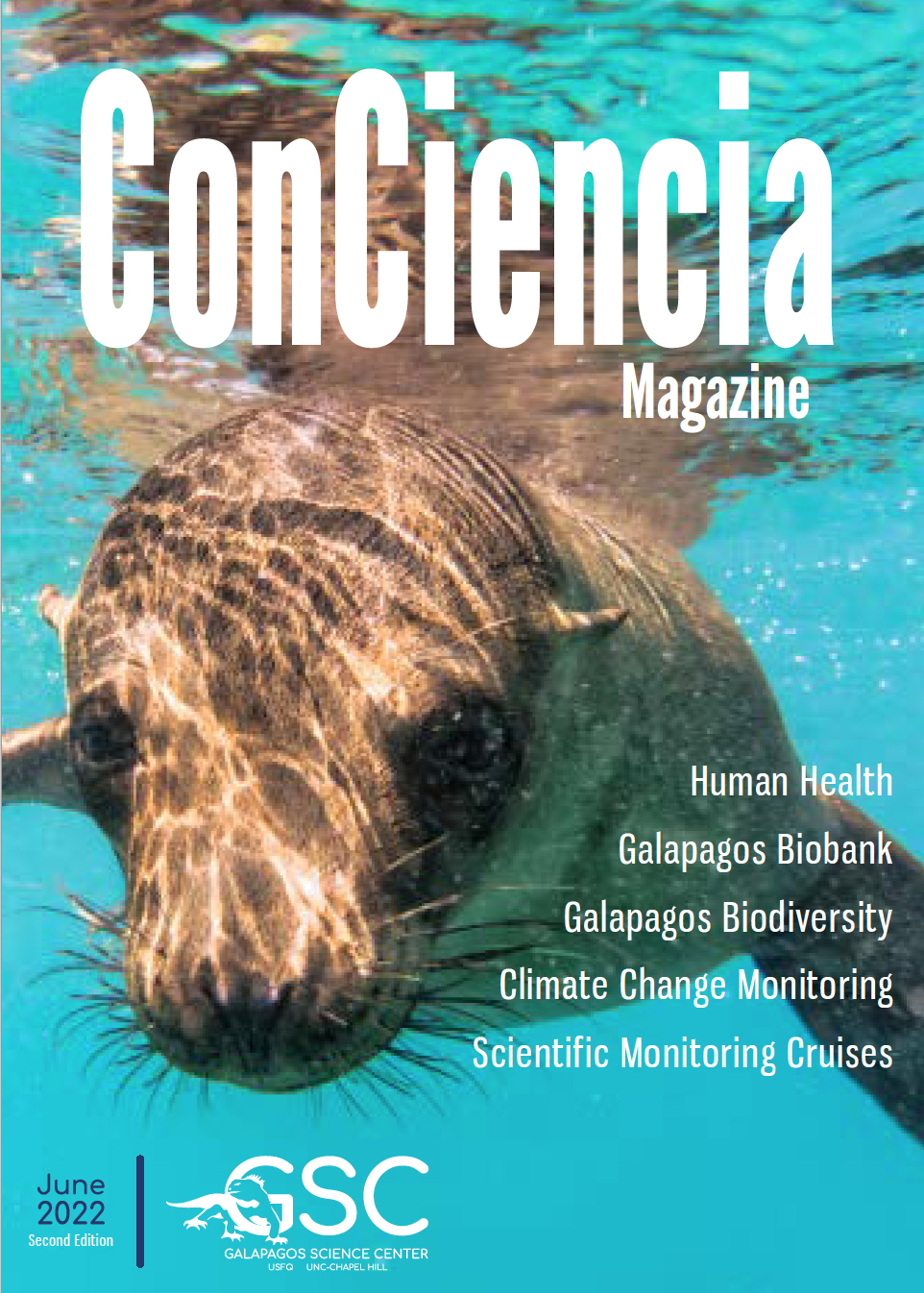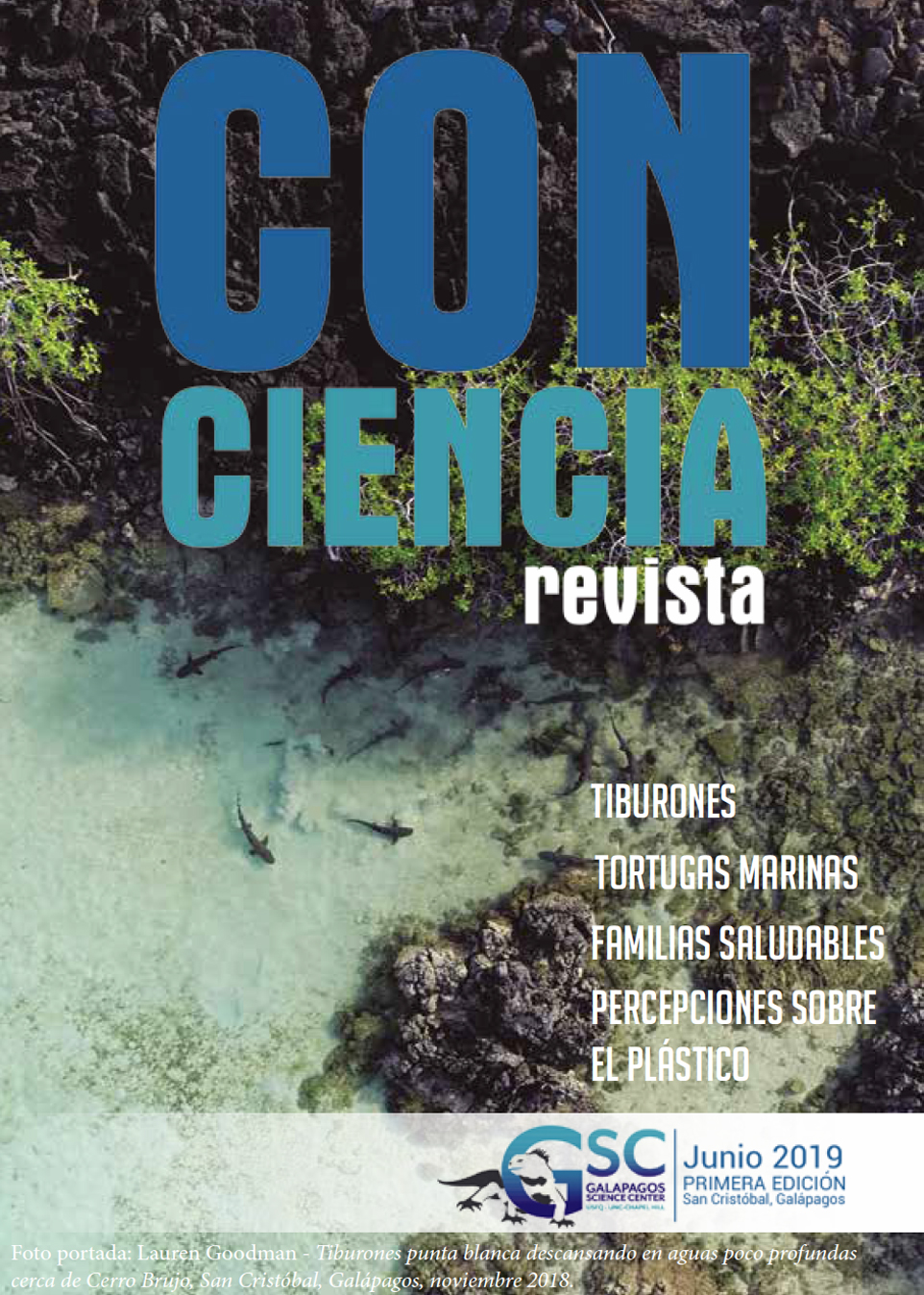NEWS & EVENTS
LATEST NEWS

Vaccination process progresses successfully in Galapagos with the support of USFQ and GSC
The mass vaccination campaign began in the province of Galapagos at the end of April 2021. The Ministry of Public Health (MSP) and the Governing Council of the Galapagos special regime (CGREG) led this process and received the invaluable collaboration of Universidad San Francisco de Quito.

Reactivating the Galapagos community through science
This last year has shown the importance and power of community. Through funds raised during GiveUNC 2020, UNC Center for Galapagos Studies partnered with Universidad San Francisco de Quito (USFQ) as well as the Galapagos Science Center (GSC) to create REACCT (Re-Activating the Economy through Science, Community and Work).

Female Power in Science
The gender gap in the field of science, technology, engineering and mathematics (STEM) is no secret to anyone. Historically, the presence of women in these areas has been limited and despite the fact that there are great efforts to promote spaces for women’s participation, many of them still have to face difficulties and obstacles that are just due to their gender.The Galapagos Science Center seeks to recognize the invaluable work that women carry out.

Scalloped hammerhead shark (Sphyrna lewini) travels more than 1,200 km from Golfo Dulce, Costa Rica’s South Pacific, to the iconic Darwin Arch in the Galapagos Islands, Ecuador.
The shark named “Banco” was tagged with an internal acoustic transmitter on the night of August 21.
SCIENTIFIC ARTICLES

Microplastic distribution and composition on two Galápagos island beaches, Ecuador: Verifying the use of citizen science derived data in long-term monitoring
Monitoring beach plastic contamination across space and time is necessary for understanding its sources and ecological effects.

Diving into the vertical dimension of elasmobranch movement ecology
Knowledge of the three-dimensional movement patterns of elasmobranchs is vital to understand their ecological roles and exposure to anthropogenic pressures. To date, comparative studies among species at global scales have mostly focused on horizontal movements.

Multiple Anthropogenic Stressors in the Galápagos Islands’ Complex Social-Ecological System: Interactions of marine pollution, fishing pressure and climate change with management recommendations
Published in Pub Med | July 27, 2022
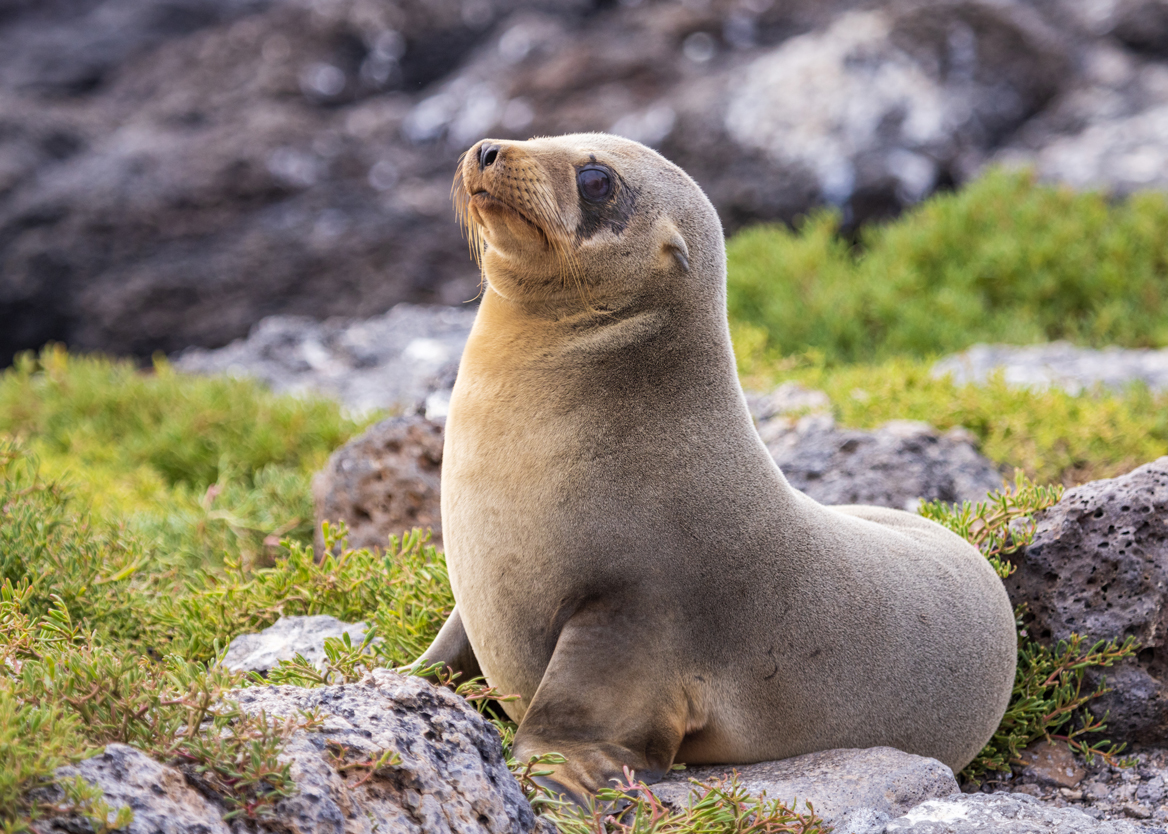
Population Genetics and Phylogeography of Galapagos Fur Seals.
Pinnipeds found across islands provide an ideal opportunity to examine the evolutionary process of population subdivision affected by several mechanisms.
In the report, the genetic consequences of the geographic distribution of rookeries in Galapagos fur seals in creating population structure.
EVENTS
6TH GALAPAGOS RESEARCH AND CONSERVATION SYMPOSIUM
The 6th Galápagos Research and Conservation Symposium took place on Monday, July 15 and Tuesday, July 16, 2024 at the Charles Darwin Convention Center on San Cristóbal, Galápagos. This important multidisciplinary event was organized by the Galapagos Science Center, with the sponsorship of the University of North Carolina at Chapel Hill and the Universidad San Francisco de Quito with the endorsement of the Galapagos National Park.
5TH GALAPAGOS RESEARCH AND CONSERVATION SYMPOSIUM
Puerto Baquerizo Moreno, on San Cristóbal Island, will host the 5th Galapagos Research and Conservation Symposium. This significant multidisciplinary event will feature scientific presentations and community-focused talks, showcasing research and initiatives related to conservation, environmental change, biodiversity and oceans, health, and community initiatives.
World Summit on Island Sustainability
In 2022, the Galapagos Science Center (GSC) and the broader UNC & USFQ Galapagos Initiative celebrated its 10th Anniversary. The GSC hosted the World Summit on Island Sustainability on June 26–30, 2022 at the Galapagos Science Center and the Community Convention Center on San Cristobal Island.
Read our Epub Magazine 2024 Edition
Read our Epub Magazine 2023 Edition
Read our Epub Magazine 2022 Edition

